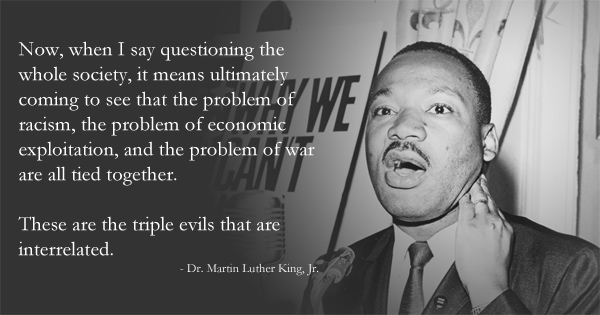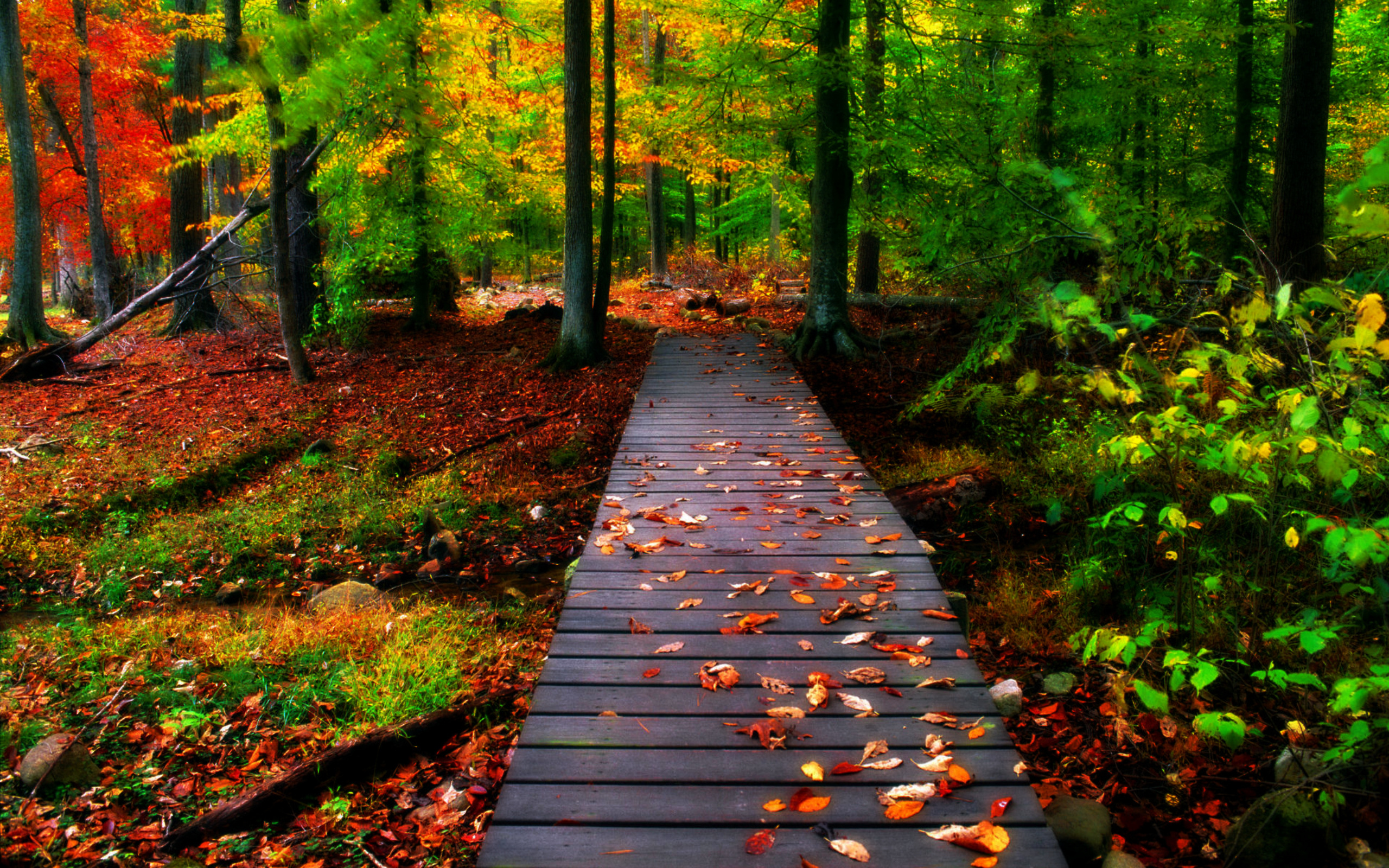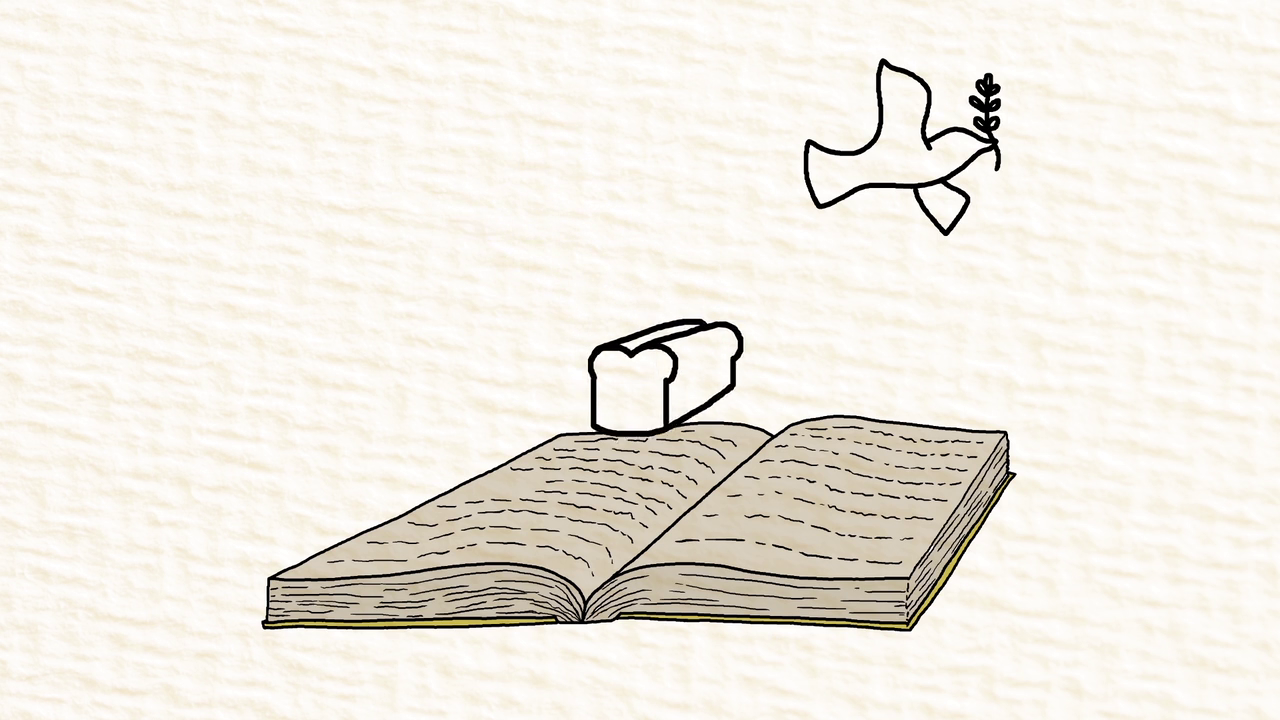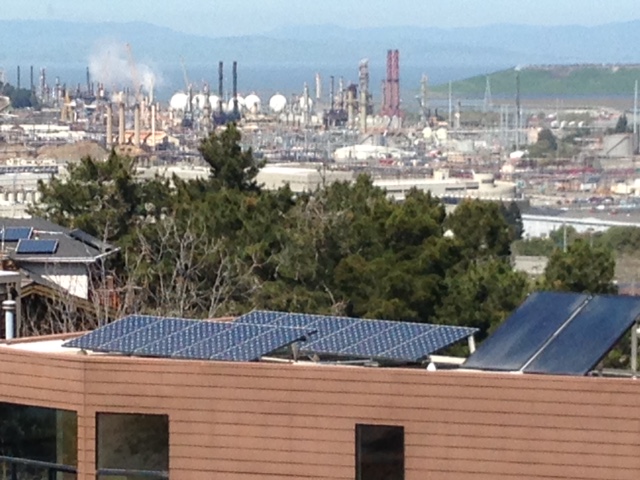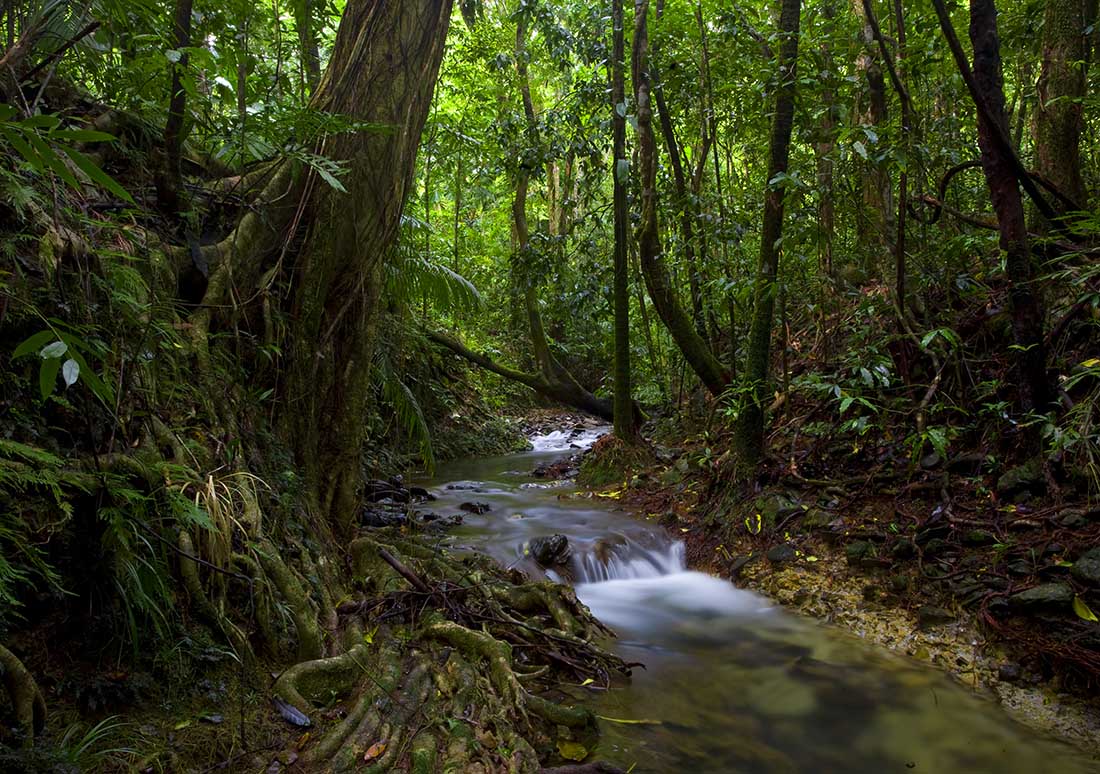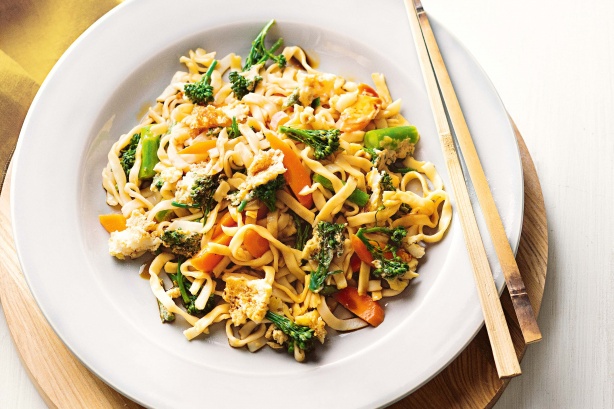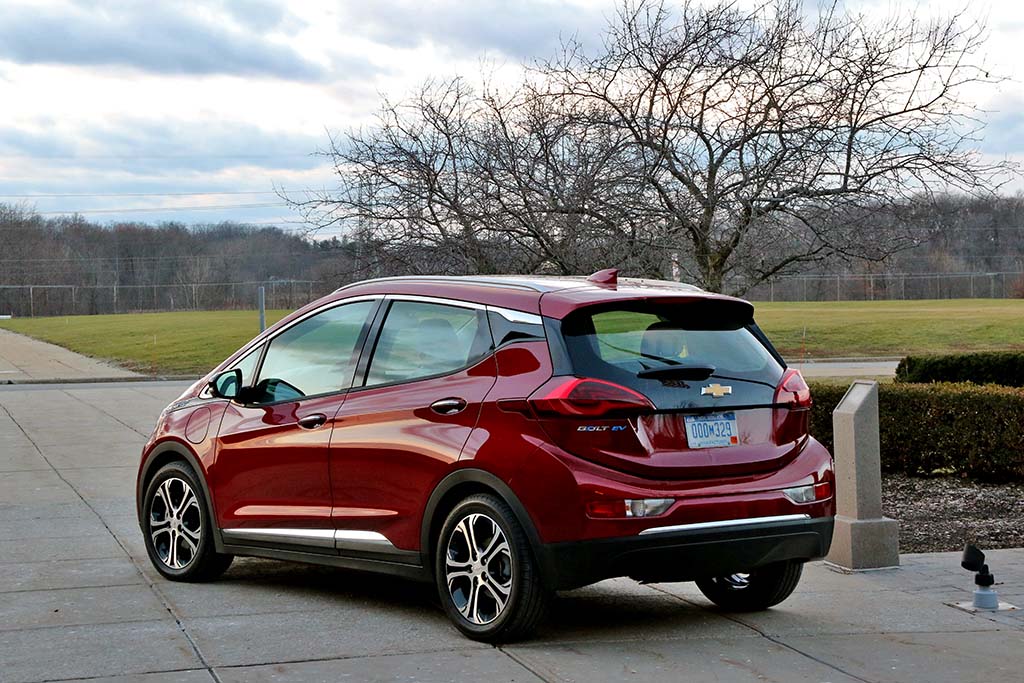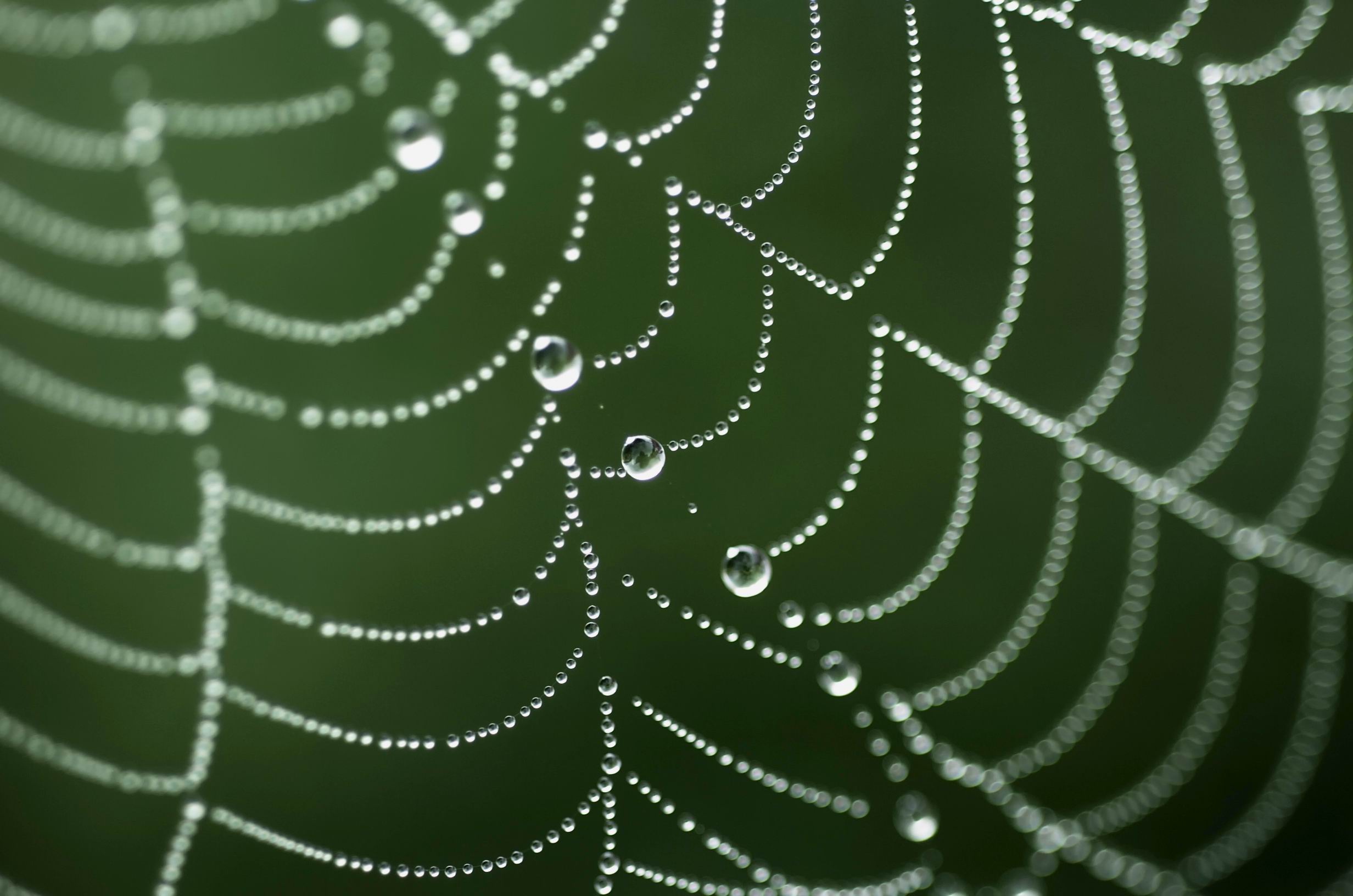Clair teams up with Pearl McLeod, who is a senior at UC Berkeley majoring in sociology with a special interest in environmental justice and food systems.
“We are at a crucial crossroads where our survival and that of other species is at stake as a result of our own actions,” a group of Buddhist leaders said on the eve of the Paris climate talks. To meet the global climate crisis that is approaching, big changes in lifestyle are required of those of us who live in affluent countries. The good news is that our way of life can remain meaningful and worthy as our consumption becomes sustainable.
With right intention, there’s one step you can take right away to reduce harm to Mother Earth—eat less meat and move toward a plant-based diet.
This is one of the most effective things we can do because the food we now produce and consume is destroying the very ecosystems that we depend upon for survival. Here are some of the grim facts.
The US uses about one half of its land for agriculture. Unfortunately, the majority is used to raise livestock such as cattle, hogs, and poultry, or for crops consumed by livestock. For example, the US uses over 90 million acres of good agricultural land to produce corn, which is mostly fed to livestock. This is also true internationally. Much of the deforestation of the Amazon rain forest is for grazing and growing soybeans, of which 80% is used as livestock feed.
Besides its enormous carbon footprint, the meat industry employs other outmoded, unsustainable practices, including the use of pesticides and chemical fertilizers, monocultures, GMOs, and inhumane treatment of livestock. Industrial agriculture degrades the soil, water, and atmosphere on an unprecedented scale, while harming wildlife and humans.
Another major problem with the way we currently produce and consume food is that more that 30% of food is wasted. So-called “imperfect” produce is left in the field, or discarded on the way to market or at the store. Edible food is left to rot in our refrigerators. Much of it ends up in landfills where it emits greenhouse gases. We can all do our part to reduce waste by using left-overs and eating up the fresh produce we buy (hey, add saggy veggies to a soup).
With 7.6 billion people on earth, the demand for food is enormous and constantly on the rise. It’s easy to get caught up in the panic and feel we can’t make a difference. But we can change our diet and agricultural systems to heal the earth as we heal ourselves. We should not to dismiss the power of our voices and the choices we make.
Even one person—such as you—can make a big difference by eating less meat and moving toward a plant-based diet. Here are some of the contributions you’ll make to the health of the planet (as well as your own):
- Compared with beans, beef requires 20 times more land and creates 20 times more greenhouse gases to produce the same amount of protein.
- If you eat 100 grams (3.5 ounces) of meat every day, about one serving for most meat eaters, your diet puts out about 7.2 kg of carbon dioxide emissions (from farm to table). If you are vegetarian, your daily carbon emissions drop dramatically.
- Replacing meat consumption with plants frees up valuable agricultural land to grow foods eaten by humans instead of livestock. It reduces hunger and helps feed the earth’s growing population with healthy, sustainable food.
If you do eat meat, what kind of meat you eat makes a big difference. Beef creates more than double the emissions of pork, and close to four times the emissions of chicken. Lamb is even worse than beef. Fruits, vegetables, and nuts create less than one-third the emissions of chicken (and a twelfth of beef).
So as a first step, drop beef and lamb from your diet and limit your daily consumption of meat to less than four ounces. This starts you on the way to a healthier diet for you and for the earth.
In addition to caring for the environment, caring about the people along the food production chain is an important aspect of deciding what to eat. Jobs in the animal agriculture industry are grueling and take a physical and psychological toll on workers. As corporations force high production rates, workers slaughter and process animals for hours on end with little time for breaks. US data shows that compared to the industry average, workers in the meat industry sustain higher rates of injury from “tasks associated with musculoskeletal disorders, exposure to chemicals and pathogens, and traumatic injuries from machines and tools.”
Recognizing how the food we eat is connected to other living beings helps us make more compassionate choices. By taking a stance with our buying choices, we help change our unsustainable food system and industry practices, because companies respond to demand. By eating mindfully, we support local, affordable agriculture and help people around the world enjoy more eco-friendly and nutritious foods.
Just as little things matter in your personal relationships, little things matter in your relationship with the earth. By paying attention to what foods you consume, you become more aware of your part in the food system. Start by reducing animal products in your diet, reading labels carefully, and buying food grown closer to your home.
Your choices create positive impacts that reverberate throughout the food system and inspire the people around you. When you change your diet to be more compassionate and sustainable, you become visible proof that changing our food habits is doable, healthy, and enjoyable.
By reducing your meat consumption and supporting sustainable agriculture, you can make a positive change in the world every day. When you pay attention to your impact, you are prioritizing compassion for yourself, for others, and for the environment.
“Caring about the environment is not an obligation, but a matter of personal and collective happiness and survival. We will survive and thrive together with our Mother Earth, or we will not survive at all.” Thich Nhat Hanh, Love Letter to the Earth
Sources:
https://gbccc.org/buddhist-climate-change-statement-to-world-leaders-2015/
https://www.ers.usda.gov/topics/crops/corn/background.aspx
http://www.ewg.org/meateatersguide/a-meat-eaters-guide-to-climate-change-health-what-you-eat-matters/climate-and-environmental-impacts/
http://www.gao.gov/assets/680/676796.pdf)
Thich Nhat Hanh, Love Letter to the Earth (Berkeley, CA: Parallax Press, 2013), 82
